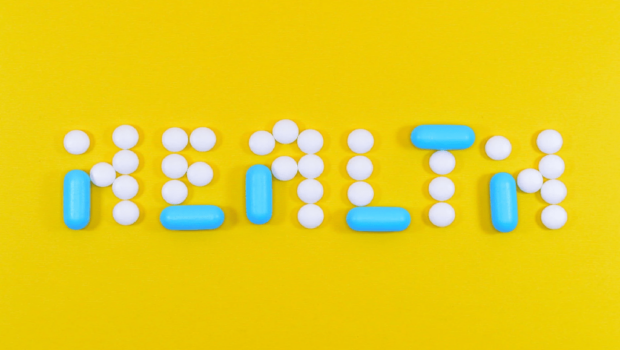Best Vitamins For Your Eyes Health
Sight is one of the most important senses through which an individual can get to relish the world around them. Without the blessing of sight, the world becomes a dull place. That is why it is necessary to take care of your eyes. The eyes are sensitive organs of our body and one of the most easily damaged. A lot of eye diseases are happening nowadays, according to a source. These eye diseases can impact the overall well-being of an individual.
Many diseases require treatments and medicines to cope with them. However, one of the most effective remedies for eye diseases or any illness is related to nutrition. You are what you consume, and it is necessary to have a balanced diet that can help you make the most of your life. That is why it is recommended to look at supplements and vitamins for your eye health, like vitasave. These can be a great way to improve your overall health and your eye health in particular.
Top Vitamins that are Beneficial For Your Eye Health
Today we will be discussing the top vitamins that you should be taking to ensure that your eyes are in the best condition. If you want to know more about the vitamin affecting your eye health, check out the sources mentioned here.
Vitamin A
The first vitamin essential for your eye health is Vitamin A. Vitamin A is mainly associated with better vision. A deficiency of Vitamin A can cause many issues with eyesight, including poor sight and night blindness. It can further lead to even graver disease. This is because this vitamin is an essential part of a protein in your eyes called rhodopsin. A lack of it causes trouble seeing in less light.
Vitamin E
Vitamin E is also an essential vitamin for your eyes. A diet with a sufficient amount of this vitamin can give you better eyes and overall health. Many dangerous free radicals can react with eyes and cause diseases; vitamin E is a potent antioxidant and aids in protecting the tiny cells of your eyes. Many studies have shown how vitamin E has affected and created better eye health and reduced disease rate. You can find vitamin E in some fruits, salmon, and leafy veggies.
Vitamin C
This is a vitamin that is often referred to for teeth diseases such as scurvy. Present in tomatoes and oranges, it is considered vital for teeth health, but fortunately, it is also helpful for your eyes. Vitamins come from the word “vital” which means essential. These are essential since all of them play some roles. For example, vitamin C in our body produces collages, this is used to shape your eye, and some research has shown that it can reduce the chances of cataracts and help with AMD too.
Vitamin B9 and B12
Some other vitamins are also super helpful for your eyes, including Vitamin B, specifically its B9 and B12 parts. There is a protein in your body that can increase your chances of having AMD. These vitamins are great to counter that since they slow down the production of that specific protein. Many studies have proved that it can lower the chances of AMD in women; although the research is still ongoing, it is concluded that it has some effect.
Riboflavin and Niacin
Some other vitamins are also shown to have a connection to your eyes, such as riboflavin and niacin. The former can lower down any oxidative stress in your eyes and your body. It is also being studied how it lessens the chances of cataracts since the low levels of riboflavin can cause cataracts. Some studies have proved a lower risk of cataracts in individuals who use such supplements.
Niacin is Vitamin B3, which helps to form energy and is also an antioxidant. One of the most significant contributions of Vitamin B3 according to research is to reduce the chances of glaucoma. Some animal and human studies have proved this as a valuable supplement for glaucoma. Nonetheless, the studies are still inadequate to prove that taking such supplements can help in that case precisely without any side effects.
Final thoughts
Vitamins are an essential part of an individual’s intake. The deficiency of these vitamins can cause many diseases, including diseases of the eyes. Although supplements are helpful and recommended, they should not be taken without a dietician or doctor’s advice.







![Lip Smacking Evolution Of Android [Infographic]](https://technofaq.org/wp-content/uploads/2016/09/evolution-of-android-150x150.png)




